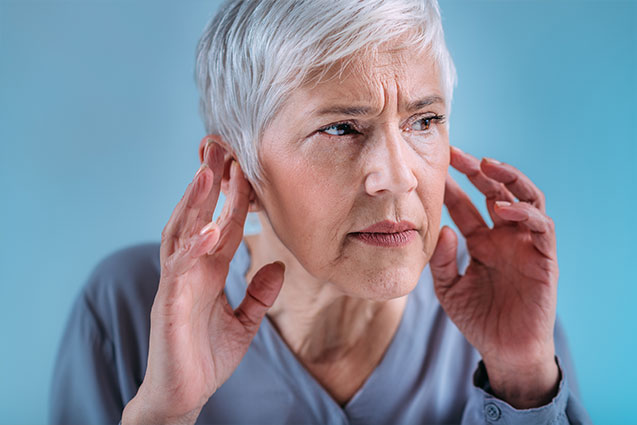Sensorineural Hearing Loss: Leading Causes and Key Risk Factors

Sensorineural hearing loss is the most prevalent form of hearing impairment, accounting for around 90% of all diagnosed cases. This type of damage occurs in the inner ear—particularly the cochlea—or along the neural pathways that transmit sound signals to the brain.
Aging: The Primary Contributor
As we grow older, the delicate structures in our ears naturally deteriorate. This age-related damage can lead to sensorineural hearing loss. Fortunately, maintaining a healthy lifestyle and balanced nutrition may slow its progression and preserve auditory health.
Illness and Infection
Certain illnesses, especially viral infections accompanied by high fever, can damage auditory mechanisms. While some virus-related hearing loss can be treated with medication, others may result in permanent impairment.
Medications with Hearing Risks
Some prescription drugs are known to be ototoxic—meaning they can harm inner ear function. The risk is heightened in individuals with a genetic predisposition to hearing problems. Always consult your physician to understand potential side effects before starting any medication.
Exposure to Loud Noise
Prolonged or repeated exposure to loud environments is one of the most common—and preventable—causes of sensorineural hearing loss. Concerts, sporting events, construction sites, and loud music can all cause irreversible damage. Using hearing protection in noisy settings is essential for safeguarding your hearing.
Head Trauma and Brain Injury
Physical injuries to the head—especially those affecting the ears or brain—can disrupt how sound is processed. High-impact sports like football and hockey increase the risk of traumatic hearing loss due to repeated concussions or blows to the head.
Genetic Predisposition
Family history plays a significant role in developing sensorineural hearing loss. Genetics may dictate not only susceptibility but also the age of onset and severity, particularly in men.
Despite its permanent nature, sensorineural hearing loss doesn't mean stepping away from life. With today's advanced hearing aids, individuals can maintain vibrant social and professional lives. Awareness and proactive care are the first steps to long-term hearing health.

